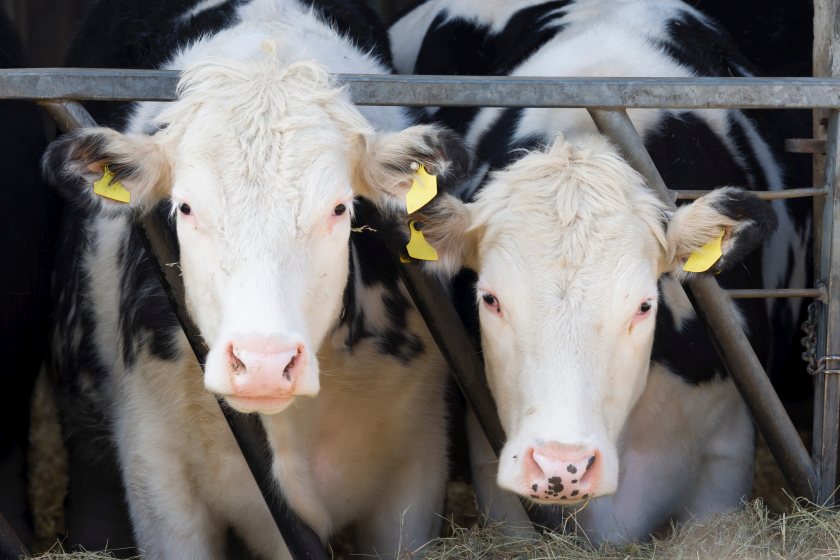
British dairy farmers are being urged to take a measured, evidence-based approach to methane-reducing feed additives, as the NFU releases updated guidance on Bovaer and similar products amid growing interest — and rising debate — over their role in cutting livestock emissions.
In recent years, Defra has renewed its commitment to reducing agricultural methane as part of the UK’s climate targets. Feed additives such as Bovaer have become a central focus, with government, retailers and processors exploring whether they can form part of lower-carbon supply chains.
The NFU, which sits on the national methane-inhibitors roundtable, says no single product is a silver bullet and that any new technology must work in real farm systems, uphold welfare standards and complement other emissions-reducing tools such as genetics and efficiency gains.
Bovaer, currently the only methane-suppressing feed additive approved in the UK, is claimed to reduce enteric methane emissions by an average of 27%.
It has been judged safe by the Food Standards Agency, the European Food Safety Authority and authorities in more than 70 countries. R
Regulatory trials over 15 years have not identified safety concerns for human or animal health at approved doses, and the compound breaks down naturally in the rumen, meaning it is not present in milk or meat. An FSA spokesperson reiterated that “milk from cows given Bovaer … is safe to drink”.
NFU Dairy Board chair Paul Tompkins said farmers remain “rightly proud and protective” of dairy’s reputation, stressing that only products which have undergone full certification and safety testing should be considered for use on British farms.
Recent UK trials, run by dairy processor Arla with retailer partners, drew intense public scrutiny — including social-media campaigns and consumer concerns. The NFU said this reinforced the need for clarity, transparency and long-term data before any additive is considered at scale.
Tompkins said the trials could “help provide some of this evidence”, but highlighted ongoing questions over practicality, consistency, cost and consumer buy-in.
The NFU emphasised that methane-reducing additives should remain optional tools, used only once robust science, risk assessments and practical feasibility are fully understood.
Denmark became the first country to mandate methane-reduction measures in 2025, requiring farmers to use approved additives or raise feed-fat levels. Bovaer is currently the only approved product, with farmers receiving subsidies to cover the additional cost.
Recent reports of cattle illness linked to feed management have prompted investigations. Manufacturer dsm-firmenich said it is “actively engaging” with authorities and noted that in previously assessed cases, Bovaer “was not identified as a contributing factor”.
Tompkins said animal welfare “must continue to be our highest priority”, adding that any future policy must be guided by science, commercial practicality and clear communication with farmers and consumers.
The NFU maintains that methane-reducing additives may eventually form part of a broader toolkit — but warns that good policy will require incentives, farmer choice and full transparency as trials continue.
